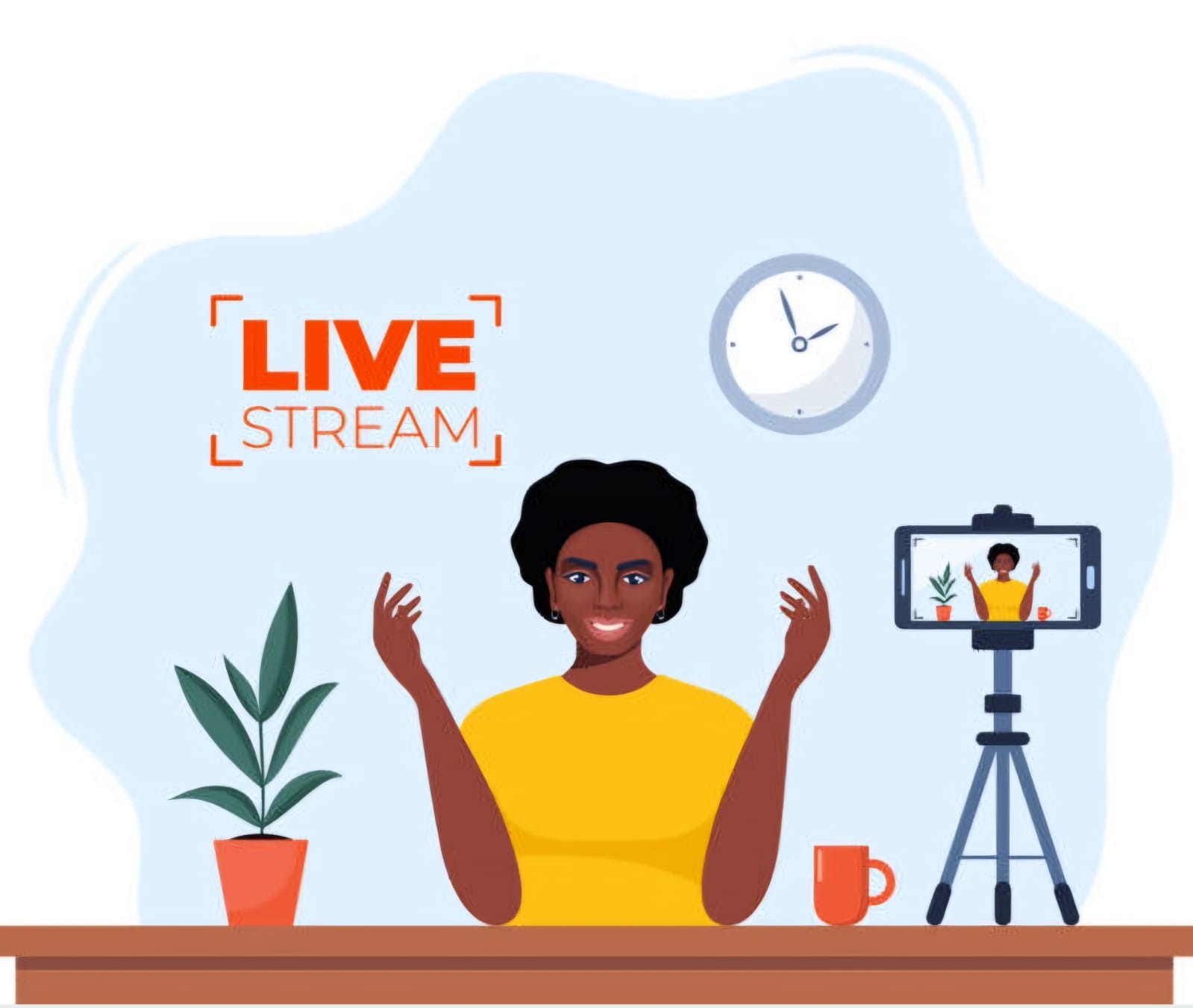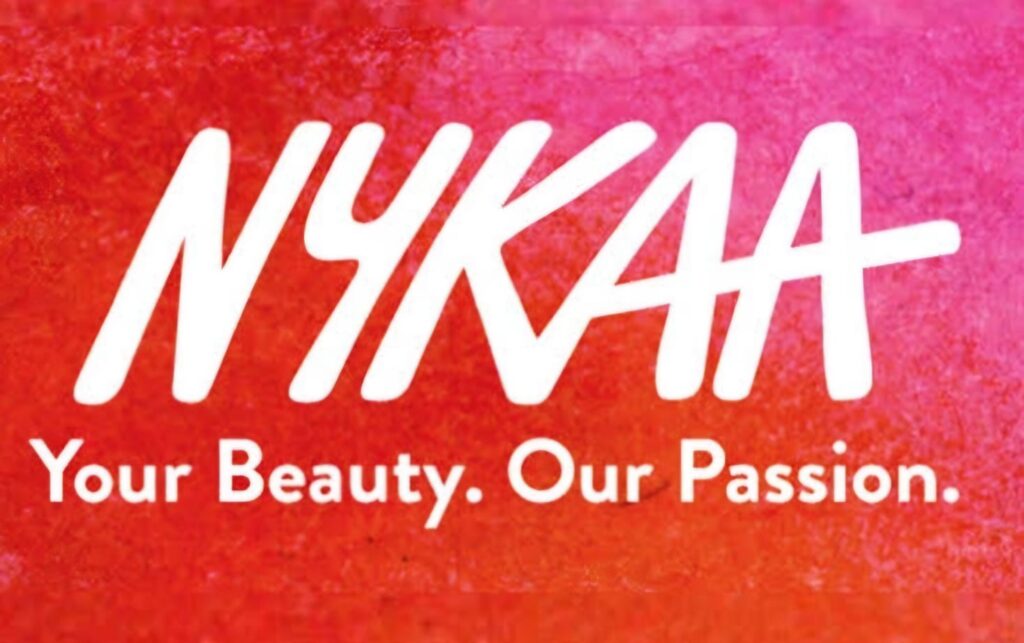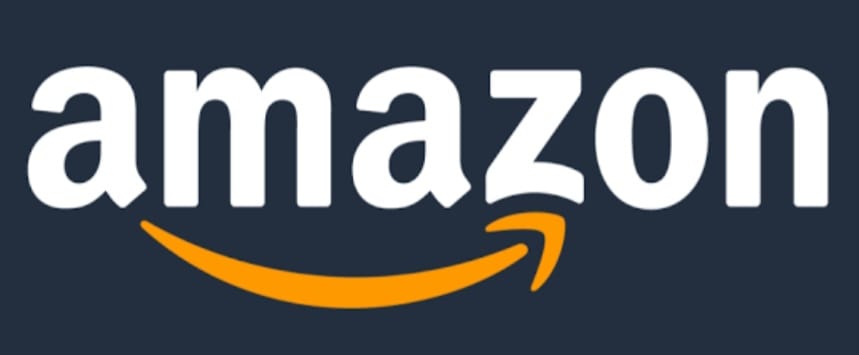Influencer marketing has emerged as a transformative force in the marketing world, offering businesses a unique opportunity to connect with audiences in a more authentic and impactful way. As traditional advertising methods face increasing challenges in reaching and engaging consumers, influencer marketing offers a solution that taps into the trust and rapport influencers have cultivated with their followers. This strategy, when executed effectively, can significantly enhance brand visibility, credibility, and ultimately, business performance.

The Power of Influencer Marketing
The strength of influencer marketing lies in its ability to leverage the trust and loyalty that influencers have built with their audiences over time. Influencers, whether they are bloggers, social media personalities, or industry experts, often possess a deep connection with their followers. This connection transforms a brand endorsement from a mere advertisement into a recommendation from a trusted source.
1. Credibility and Authenticity: Unlike traditional advertisements, influencer marketing thrives on the perception of authenticity. Influencers are seen as individuals who genuinely use and believe in the products they promote. This trustworthiness significantly enhances the effectiveness of marketing efforts, as consumers are far more likely to respond positively to recommendations from someone they admire.
2. Targeted Outreach: One of the key advantages of influencer marketing is its precision in reaching target audiences. Brands can collaborate with influencers who have a strong presence in specific niches or demographic groups. This ensures that marketing messages are delivered to a relevant and engaged audience, minimizing wastage and increasing the likelihood of conversion.
3. Creative Content Creation: Influencers are often skilled content creators who can present products or services in engaging and innovative ways. Their ability to blend promotional content with their own unique style makes influencer marketing campaigns feel more organic. This creative flexibility allows brands to reach their audience without overwhelming them with overt advertising.
4. Higher Engagement Rates: Campaigns led by influencers tend to enjoy higher levels of audience engagement compared to traditional forms of advertising. Followers are more likely to interact with content shared by influencers, whether by liking, commenting, or sharing. This high engagement not only increases the visibility of the campaign but also fosters a sense of community around the brand.

The Impact of Influencer Marketing on Businesses and Brands
The rise of influencer marketing has had profound effects on how businesses approach their marketing strategies. By partnering with influencers, companies can unlock a range of benefits that traditional marketing methods often struggle to achieve.
-Increased Brand Awareness: One of the most immediate and significant impacts of influencer marketing is the boost in brand visibility. Influencers, particularly those with large and dedicated followings, can expose brands to thousands, if not millions, of potential customers. This expanded reach is especially beneficial for emerging or smaller brands looking to establish themselves in competitive markets. A well-executed influencer campaign can introduce a brand to a new audience and generate widespread recognition.
- Improved Conversion Rates: Trust plays a crucial role in consumer decision-making. Influencers, due to their established credibility, can drive their followers to take action. Whether it’s making a purchase, signing up for a service, or engaging with a brand online, influencer endorsements often lead to higher conversion rates. Consumers are more likely to buy a product that is recommended by someone they trust, particularly when the recommendation feels genuine and unbiased.
- Strengthened Social Proof: In today’s digital landscape, social proof is a powerful driver of consumer behavior. When consumers see their favorite influencers endorsing a product or service, it serves as a form of validation. This endorsement acts as modern-day word-of-mouth marketing, lending credibility to the brand and influencing the purchasing decisions of a broader audience. The more visible and frequent these endorsements, the more credibility a brand can build within its target market.
- Cost Efficiency: Compared to traditional marketing channels such as television or print, influencer marketing can often be more cost-effective, especially for smaller brands or those with limited marketing budgets. While celebrity influencers with millions of followers may command high fees, micro-influencers—those with smaller but highly engaged followings—offer a more affordable option. Micro-influencers are known for delivering strong engagement rates and building deeper connections with their followers, making them a valuable asset for brands seeking meaningful results without breaking the bank.
Maximizing the Effectiveness of Influencer Marketing

To fully capitalize on the power of influencer marketing, businesses must approach it strategically. Successful campaigns are not simply about partnering with the influencer with the largest following; rather, they involve careful selection based on alignment with the brand’s values, target audience, and marketing objectives. Brands should seek influencers whose content resonates with their desired audience and who have demonstrated a genuine interest in the products or services being promoted.
Moreover, transparency is critical in influencer marketing. Consumers are increasingly aware of sponsored content, and any lack of authenticity can lead to mistrust. Influencers who disclose their partnerships transparently while maintaining their unique voice are more likely to foster positive engagement and long-term loyalty.
Live examples
Beauty: Nykaa
Nykaa, India’s top beauty and cosmetics retailer, has mastered influencer marketing to solidify its presence. Through collaborations with a variety of influencers, from micro to celebrity, Nykaa creates impactful campaigns promoting beauty products, skincare routines, and exclusive launches.
Strategy: Beauty influencers regularly post tutorials and reviews using Nykaa’s products, helping create a personalized shopping experience for their followers. This enables the brand to target a wide range of consumers, from beauty enthusiasts to everyday users, driving engagement and sales, especially during major sale events.

Fashion: Myntra
Myntra, one of India’s leading fashion platforms, frequently engages with fashion influencers to showcase their clothing, accessories, and footwear collections. The brand’s association with influencers helps it maintain a trendy, accessible image for young and style-conscious consumers.
Strategy: Influencers frequently produce “fashion haul” videos, styling tips, and seasonal lookbooks using Myntra products, especially during key sales like Myntra’s End of Reason Sale (EORS). These collaborations showcase the variety and affordability of Myntra’s collections, often leading to high engagement and conversions.
Entertainment: Amazon
Amazon Prime Video actively collaborates with digital influencers and actors to promote its wide array of movies and original series. Their influencer campaigns are designed to create buzz, engage fans, and drive viewership.
Strategy: Amazon uses influencers for content such as memes, reviews, and fan interaction for shows like Mirzapur and The Family Man. By partnering with influencers across platforms, Amazon ensures that its original content reaches a broad demographic. In addition, Amazon MiniTV collaborates with content creators to produce short videos that appeal to younger audiences.

Food: Cafes Promoted by Food Bloggers
Cafes, particularly in Hyderabad, benefit greatly from influencer marketing, with Instagram food bloggers helping to generate buzz. Cafes like Roastery Coffee House and Conçu are frequently promoted by food bloggers who share visually appealing content of the café’s ambiance and menu.
Strategy: Cafes collaborate with food bloggers and local influencers to invite them to review their food and beverages. By creating photogenic settings and offering unique menu items, these cafes generate word-of-mouth and drive customer traffic through influencer posts.
Shopping and Retail: Urbanic or Savana by Urbanic
Urbanic, an emerging fashion and retail platform in India, uses influencer marketing to position itself as a stylish, affordable option for young consumers. Their sub-brand, Savana by Urbanic, follows a similar strategy.
Strategy: Influencers regularly showcase Urbanic’s collections through styling videos and fashion tips on Instagram and YouTube. Urbanic’s collaborations with fashion influencers often include haul videos, “outfit of the day” (OOTD) posts, and fashion challenges, making it a go-to for trend-driven audiences. These campaigns help Urbanic expand its reach, especially among Gen Z and millennials.
These examples illustrate how brands in India across sectors like beauty, fashion, entertainment, food, and shopping are leveraging influencer marketing to expand their presence and engage with targeted audiences effectively.
Conclusion
Influencer marketing is a potent tool that offers brands a direct line to highly engaged and relevant audiences. Its ability to generate credibility, increase brand awareness, and drive conversions makes it an indispensable part of modern marketing strategies. For businesses seeking to thrive in today’s competitive digital landscape, leveraging the power of influencer marketing offers a path to sustained growth and meaningful connections with consumers. By selecting the right influencers and fostering authentic collaborations, brands can unlock the full potential of this dynamic marketing approach.
Author: S. Pooja Rao
